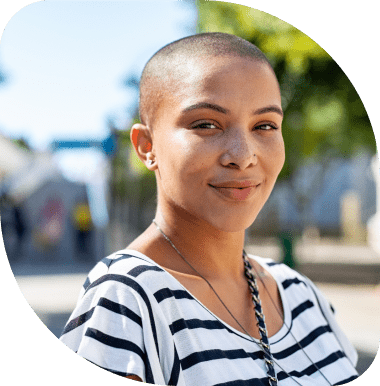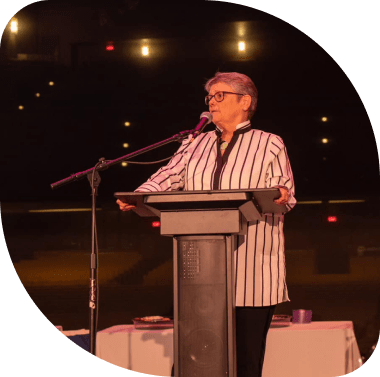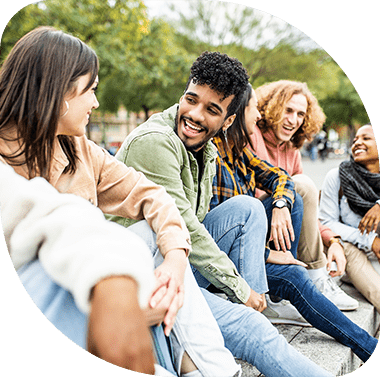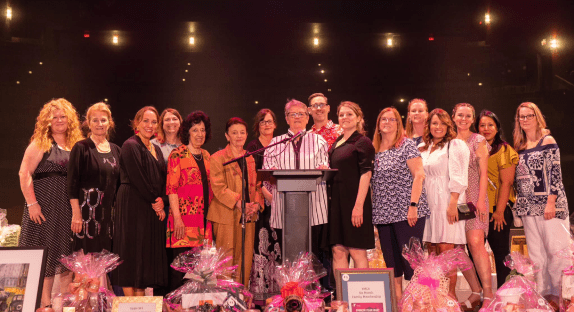With the support of the WRC and the Justice Center, I found the strength to reclaim my life. They helped me through my divorce, get a PFA, and protected me and my children. They helped us have a new beginning. I didn’t have money for an attorney. I am so grateful they were there.
Our Mission
We strive to eliminate domestic violence and sexual abuse through advocacy, education, and systemic change while empowering all survivors with comprehensive services.


Our Vision
A safe and just world for all; free of sexual and domestic abuse.
Community History
WRC’s role within the community is twofold: to provide direct services to adults and children who are survivors of domestic violence, dating violence, sexual assault, stalking, and/or human trafficking and to act as a social change agent by increasing community awareness about the challenges of domestic violence, dating violence, sexual assault, stalking, and human trafficking so that we may ultimately reduce their incidence.
Learn More

Support for Everyone
Domestic and sexual violence can impact anyone – regardless of gender, identity, or background. WRC provides compassionate, confidential services to men, women, LGBTQ+ individuals, and all survivors seeking safety and support. Our services are also available in Spanish to ensure language is never a barrier to getting help.
318
Survivors of sexual abuse received WRC provided services
1,796
Survivors of domestic violence received WRC provided services
140+
Women and children benefited from economic and housing assistance
125
Adults and children were provided with emergency safe housing
7,300+
Calls to the crisis hotline

Survivor Testimonials
Hear Maritza’s Story
If you know someone who may be in an abusive relationship, you can call the WRC hotline at 570-346-4671 or 1-800-257-5765 to speak with a trained Advocate about your concerns. Our knowledgeable counselors are available 24/7, and all calls are kept confidential.
Help SomeoneMeet Our Team
These are the hard-working folks behind the scenes that ensure WRC is able to carry out our mission every day.
Learn More
Safety Exit
Safety Alert
Internet usage can be monitored and is impossible to erase completely. If you’re concerned your internet usage might be monitored click the red “X” in the upper-right corner at any time to leave immediately.





